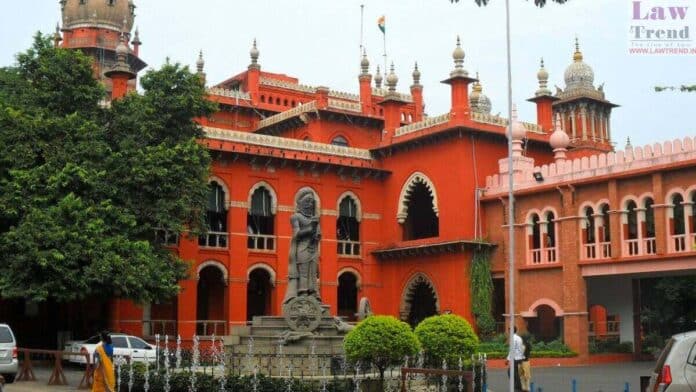The Madras High Court on Wednesday dismissed a writ petition for quashing the election notification for Tamil Nadu fixing the date of polling as April 19 and the date of counting of votes as June 4.
The writ petition was filed by a person named Ezhilan who wanted the court to issue a directive to the Election Commission of India for advancing the date of counting without the present long gap of 45 days between the date of voting and the date of counting.
However, the first bench of the Madras High Court comprising Chief Justice Sanjay V. Gangapurwala and Justice D. Bharatha Chakravarthy rejected the plea.

Ezhilan’s counsel A. Rajini argued that providing such a long gap of 45 days was against the spirit of the Representation of the People Act, 1951 which provides for the conduct of free and fair elections.
She also claimed that it was arbitrary and illegal to delay the counting of votes.
To this the Chief Justice asked whether there was any provision in the said Act that requires the Election Commission of India to count the votes within a specific period.
The counsel for the petitioner stated that there was no such provision in the Act.
After recording her submission, the judges wrote, “We do not find that the present petition espouses any public cause. It is more in the nature of a publicity interest litigation. The date of polling and counting has to be determined by only the Election Commission of India.”
Also Read
The first bench of the Madras High Court also said, “It will not be within the domain of the High Court by exercising its powers under Article 226 (writ jurisdiction) of the Constitution to interfere with the election programme.”
The division bench further observed, “Article 329 (bar to interference by courts into electoral matters) of the Constitution also would not permit it to interfere with election programme.” (IANS)







